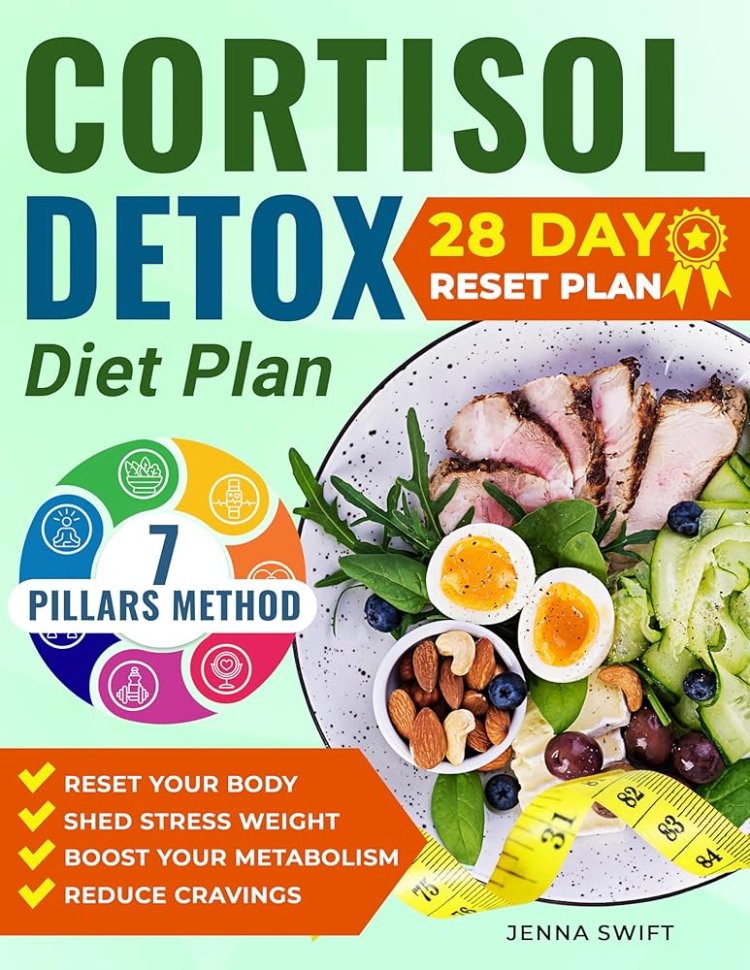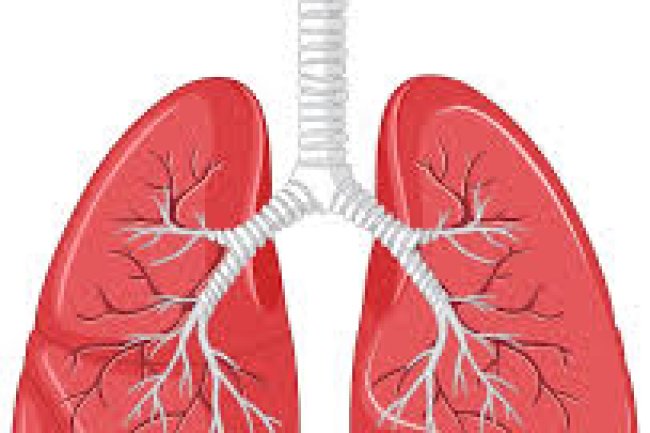cortisol detox
When people talk about a “cortisol detox”, they usually mean lowering chronically high cortisol levels in the body. Cortisol is a stress hormone produced by the adrenal glands, and while it’s essential for functions like regulating metabolism, immune response, and blood sugar, chronically high cortisol can lead to fatigue, weight gain (especially around the abdomen), anxiety, sleep problems, and other health issues.

1. Stress Management
Since cortisol is primarily a stress hormone, managing stress is crucial:
-
Mindfulness meditation: 10–20 minutes daily can significantly reduce cortisol.
-
Deep breathing exercises: Activates the parasympathetic nervous system, lowering stress.
-
Yoga or tai chi: Combines movement, breathing, and mindfulness.
-
Therapy or counseling: Especially for chronic stress or trauma.
2. Sleep Optimization
Poor sleep spikes cortisol levels:
-
Aim for 7–9 hours of quality sleep.
-
Keep a consistent sleep schedule.
-
Reduce blue light exposure 1–2 hours before bed.
-
Avoid stimulants like caffeine in the late afternoon/evening.
3. Nutrition
Certain dietary habits can influence cortisol:
-
Eat balanced meals with protein, healthy fats, and complex carbs.
-
Avoid excessive sugar and refined carbs, which can increase cortisol.
-
Stay hydrated, as dehydration can raise cortisol.
-
Include foods that may help reduce stress: dark chocolate (in moderation), fatty fish, nuts, and leafy greens.
4. Exercise Wisely
-
Moderate exercise (like walking, swimming, or cycling) lowers cortisol over time.
-
Avoid overtraining, which can increase cortisol chronically.
-
Strength training 2–3 times per week is fine if paired with recovery.
5. Supplements and Herbs (optional, with caution)
Some natural compounds are studied for cortisol support:
-
Ashwagandha: May reduce cortisol and improve stress resilience.
-
Omega-3 fatty acids: Anti-inflammatory, may lower cortisol slightly.
-
Phosphatidylserine: Sometimes used to blunt cortisol spikes.
Always consult a healthcare professional before starting supplements.
6. Lifestyle Habits
-
Social connection: Spending time with friends/family lowers stress hormones.
-
Nature exposure: Being in green spaces reduces cortisol.
-
Music, hobbies, and laughter: Small but real effects on stress reduction.
When to Seek Medical Help
If you suspect chronically high cortisol (Cushing’s syndrome) or adrenal dysfunction:
-
Persistent fatigue, weight gain, high blood pressure, mood changes
-
Unusual bruising or skin changes
Consult an endocrinologist—they may run tests like saliva, blood, or urine cortisol measurements.
What's Your Reaction?




















